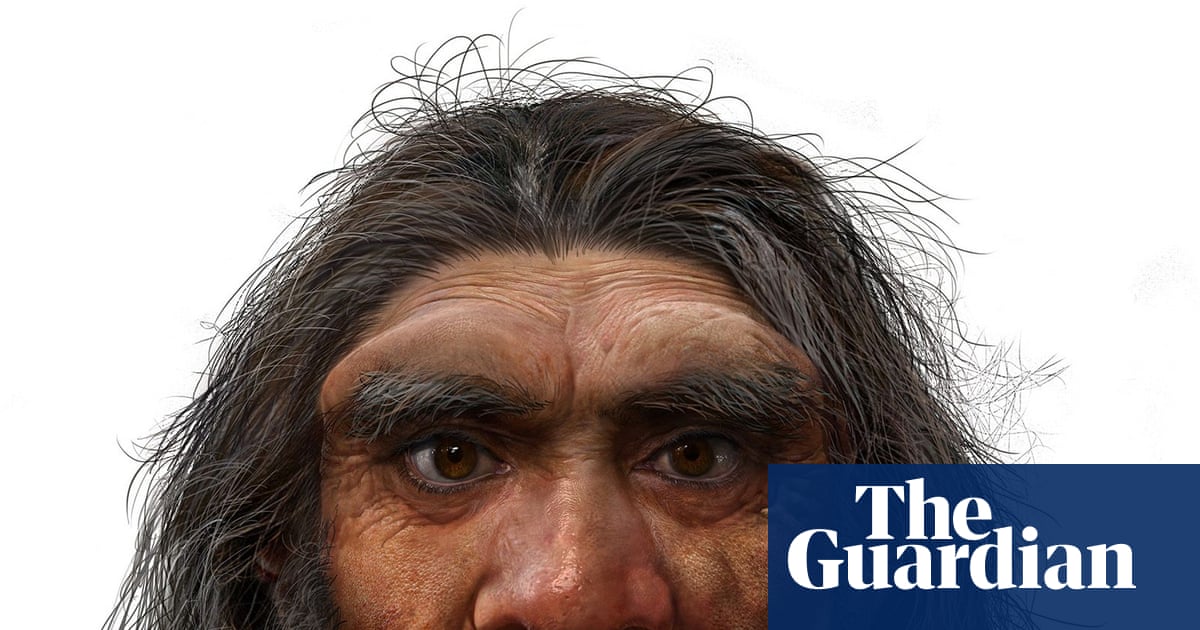
"A million-year-old human skull suggests that the origins of modern humans may reach back far deeper in time than previously thought and raises the possibility that Homo sapiens first emerged outside of Africa. Leading scientists reached this conclusion after reanalysis of a skull known as Yunxian 2 discovered in China and previously classified as belonging to a member of the primitive human species Homo erectus."
"After applying sophisticated reconstruction techniques to the skull, scientists believe that it may instead belong to a group called Homo longi (dragon man), closely linked to the elusive Denisovans who lived alongside our own ancestors. This repositioning would make the fossil the closest on record to the split between modern humans and our closest relatives, the Neanderthals and Denisovans, and would radically revise understanding of the last 1m years of human evolution."
"Prof Chris Stringer, an anthropologist and research leader in human evolution at the Natural History Museum in London, said: This changes a lot of thinking because it suggests that by one million years ago our ancestors had already split into distinct groups, pointing to a much earlier and more complex human evolutionary split than previously believed. It more or less doubles the time of origin of Homo sapiens."
A million-year-old skull from Hubei province (Yunxian 2), long crushed and misinterpreted, underwent virtual reconstruction using CT imaging, high-resolution surface scanning and digital techniques. New morphological analysis places the skull closer to Homo longi (dragon man), a group argued to be linked with Denisovans, rather than to Homo erectus. That placement would make the fossil the nearest on record to the split between modern humans, Neanderthals and Denisovans, implying distinct hominin groups by one million years ago. The finding could roughly double the estimated time depth for Homo sapiens origins and suggests a more complex, possibly non-African, emergence.
Read at www.theguardian.com
Unable to calculate read time
Collection
[
|
...
]